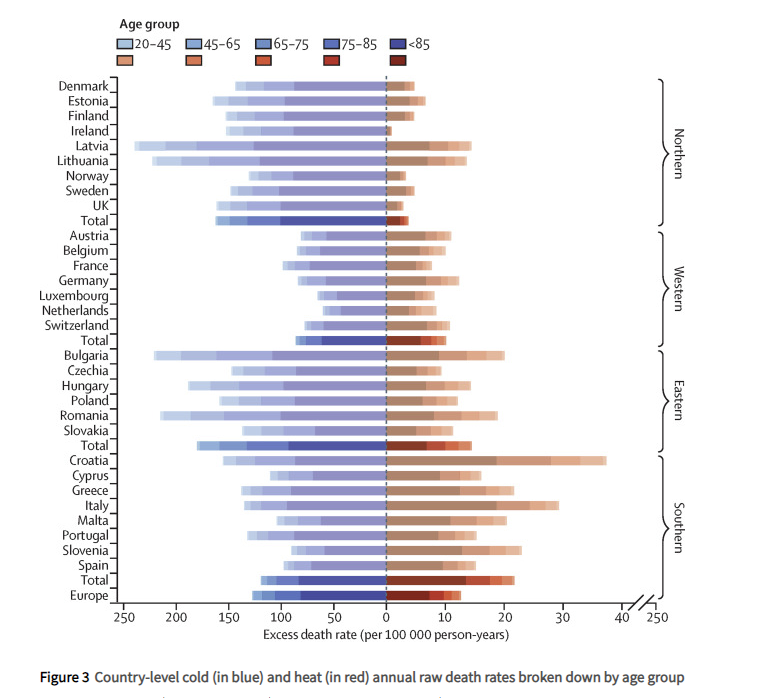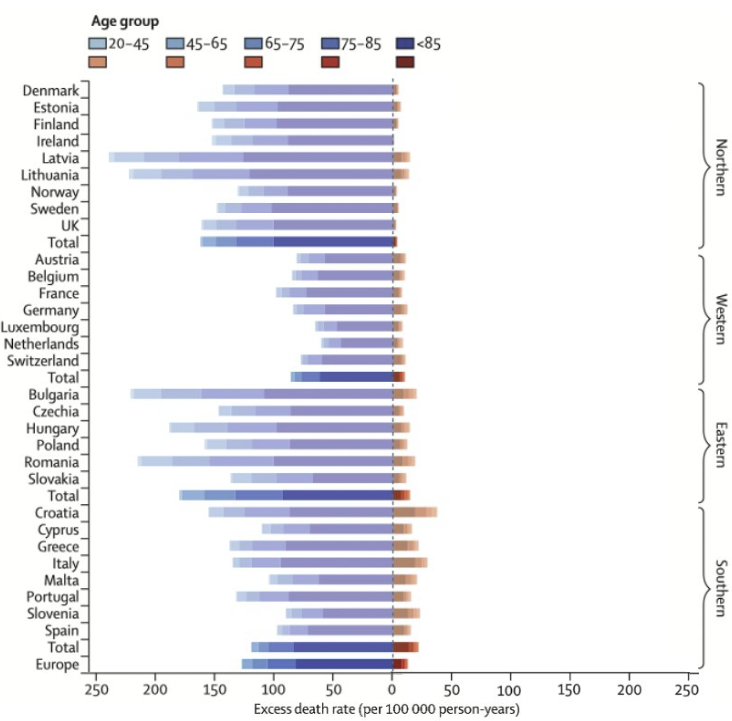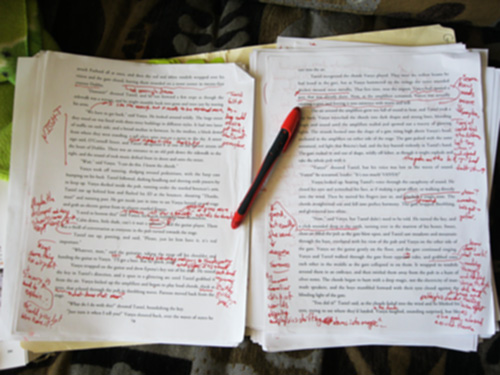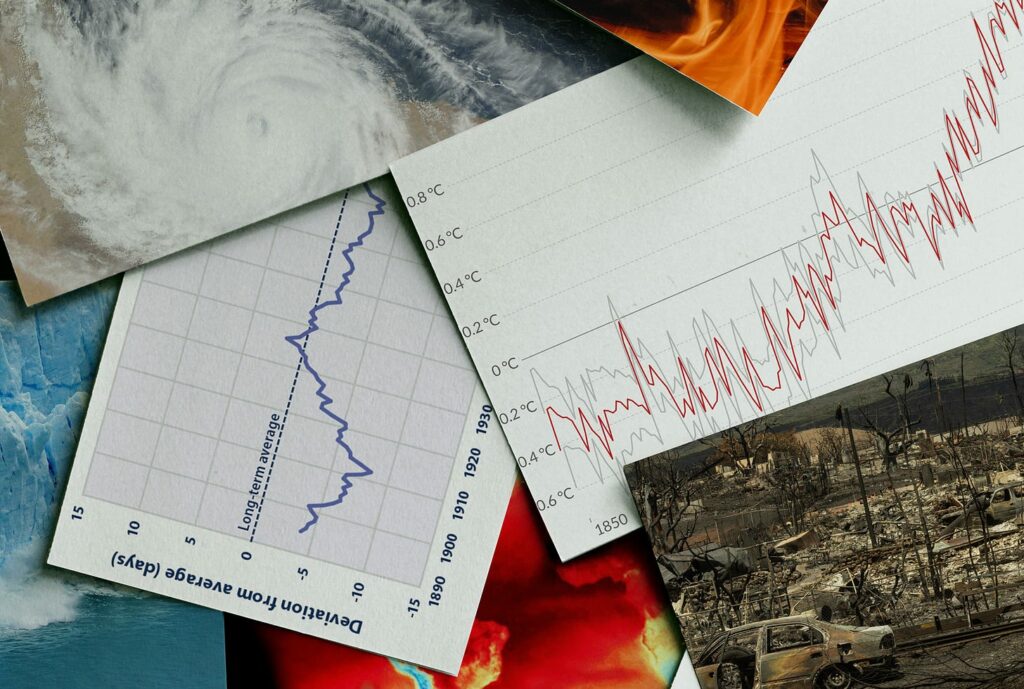CDN would like to apologize to our faithful readers for unwittingly spreading climate misinformation and disinformation in our July 19 newsletter. We made reference to an article in the supposedly-respected-by-all-the-top-experts peer-reviewed science journal The Lancet which showed that cold weather kills 10 times as many Europeans as hot weather. That part was accurate, but we failed to warn readers that like many prominent science journals, when The Lancet publishes studies on climate change they are prone to including highly manipulated graphs that misrepresent the data to make it look scarier than it really is. We are grateful to Bjorn Lomborg who spotted the scam this time, and we apologize for trusting The Lancet and would like to take this opportunity to correct the record.
Here is the graph as published by The Lancet:

It shows the death rates per 100,000 in each of the studied locations due to heat (red) and cold (blue). You can see that cold is a bigger threat than heat, although in some places the two bars are about the same size, especially in the Southern region, so you might think heat and cold are about equally hazardous down there.
You might… until you look closely at the axes. For cold weather each tick represents 50 deaths, while for warm weather each one represents only 10. The axis on the heat side has been stretched 5-fold to exaggerate the size of the hot weather hazard. Lomborg showed what the graph would have looked like if it was prepared properly:

That chart shows exactly the same data without the childishly-misleading axis trick. You can see at a glance how small the risks of death from heat are compared to cold. Which means that if Europe does warm in the years ahead, far from inhabitants perishing in record quantities, 10 times as many lives will be saved from reducing cold weather risks than will be lost due to increasing hot weather extremes.
CDN expresses its sincere apologies for not catching this error and allowing misinformation from climate scientists to be spread on the internet. We call upon the appropriate authorities to do more to challenge the flow of misinformation and disinformation from scientific journals like The Lancet.



Our local TV news outlets in Houston are claiming that in the US heat kills more people each year than any other "natural disaster". Is the US different than Europe?
Also, a colleague says his chemical engineering professor told the class that 'if you're not getting the results you expected, you're using the wrong scale.' "Publish or Perish" drives a lot of un-truthful behavior.
A Harvard prof and now the Pres of Stanford, fake data in peer reviewed and published papers. Says a lot about the integrity of academia (yes, go ahead and paint with a broad brush stroke, that’s what they do) and the peer (pal) review has turned into a joke. I don’t believe much of what I hear, read and watch, and for good reason!
In that chart, as always, the devil was in the details. As the saying goes, "There are lies, damned lies and statistics."
“The case against science is straightforward: much of the scientific literature, perhaps half, may simply be untrue. Afflicted by studies with small sample sizes, tiny effects, invalid exploratory analyses, and flagrant conflicts of interest, together with an obsession for pursuing fashionable trends of dubious importance, science has taken a turn towards darkness”. Lancet Editor, Richard Horton, 2015
Progressives are willing to believe this about "Big Pharma" due to the enormous amounts of money involved, but maintain it is impossible with "climate" research as all Climate Scientists take a vow of poverty, shun all earthly pleasures and wear white coats which shield them from error and temptation.
Eisenhower's prescient fear that,
"..the free university, historically the fountainhead of free ideas and scientific discovery, has experienced a revolution in the conduct of research. Partly because of the huge costs involved, a government contract becomes virtually a substitute for intellectual curiosity."
"The prospect of domination of the nation's scholars by Federal employment, project allocations, and the power of money is ever present and is gravely to be regarded... we must also be alert to the equal and opposite danger that public policy could itself become the captive of a scientific technological elite." 1961 Farewell Address
And so it came to pass.